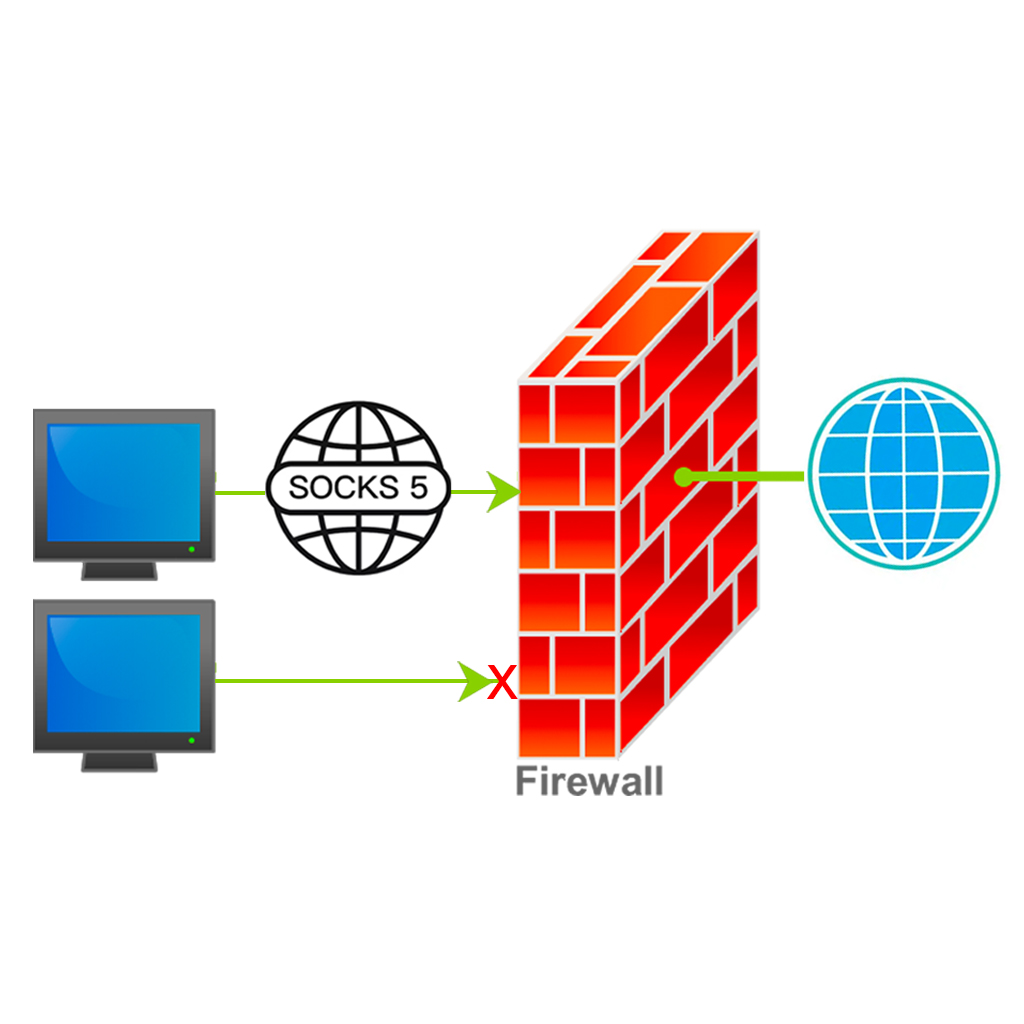1
2
3
4
5
6
7
8
9
10
11
12
13
14
15
16
17
18
19
20
21
22
23
24
25
26
27
28
29
30
31
32
33
34
35
36
37
38
39
40
41
42
43
44
45
46
47
48
49
50
51
52
53
54
55
56
57
58
59
60
61
62
63
64
65
66
67
68
69
70
71
72
73
74
75
76
77
78
79
80
81
82
83
84
85
86
87
88
89
90
91
92
93
94
95
96
97
98
99
100
101
102
103
104
105
106
107
108
109
110
111
112
113
114
115
116
117
118
119
120
121
122
123
124
125
126
127
128
129
130
131
132
133
134
135
136
137
138
139
140
141
142
143
144
145
146
147
148
149
150
151
152
153
154
155
156
157
158
159
160
161
162
163
164
165
166
167
168
169
170
171
172
173
174
175
176
177
178
179
180
181
182
183
184
185
186
187
188
189
190
191
192
193
194
195
196
197
198
199
200
201
202
203
204
205
206
207
208
209
210
211
212
213
214
215
216
217
218
219
220
221
222
223
224
225
226
227
228
229
230
231
232
233
234
235
236
237
238
239
240
241
242
243
244
245
246
247
248
249
250
251
252
253
254
255
256
257
258
259
260
261
262
263
264
| local base = _G
local socket = require("socket")
TIMEOUT = 60
ERROR_TIMEOUT = "timeout"
local handlert = {}
local function newset()
local reverse = {}
local set = {}
return base.setmetatable(set, {__index = {
insert = function(set, value)
if not reverse[value] then
table.insert(set, value)
reverse[value] = #set
end
end,
remove = function(set, value)
local index = reverse[value]
if index then
reverse[value] = nil
local top = table.remove(set)
if top ~= value then
reverse[top] = index
set[index] = top
end
end
end
}})
end
local function seq_start(self, func)
return func()
end
function handlert.sequential()
return {
tcp = socket.tcp,
start = seq_start
}
end
function newhandler(mode)
mode = mode or "coroutine"
return handlert[mode]()
end
local function cowrap(dispatcher, tcp, error)
if not tcp then
return nil, error
end
tcp:settimeout(0)
local metat = {__index = function(table, key)
table[key] = function(...)
return tcp[key](tcp, select(2, ...))
end
return table[key]
end}
local zero = false
local wrap = {}
function wrap:settimeout(value, mode)
if value == 0 then
zero = true
else
zero = false
end
return 1
end
function wrap:send(data, index, last)
index = (index or 1) - 1
local result, error
while true do
if coroutine.yield(dispatcher.sending, tcp) == ERROR_TIMEOUT then
print("timeout while sending")
return nil, ERROR_TIMEOUT
end
result, error, index = tcp:send(data, index + 1, last)
if result ~= ERROR_TIMEOUT then
return result, error, index
end
end
end
function wrap:receive(pattern, partial)
local error = ERROR_TIMEOUT
local value
while true do
if coroutine.yield(dispatcher.receiving, tcp) == ERROR_TIMEOUT then
return nil, ERROR_TIMEOUT
end
value, error, partial = tcp:receive(pattern, partial)
if (error ~= ERROR_TIMEOUT) or zero then
return value, error, partial
end
end
end
function wrap:connect(host, port)
local result, error = tcp:connect(host, port)
if error == ERROR_TIMEOUT then
if coroutine.yield(dispatcher.sending, tcp) == ERROR_TIMEOUT then
return nil, ERROR_TIMEOUT
end
result, error = tcp:connect(host, port)
if result or error == "already connected" then
return 1
else
return nil, "non-blocking connect failed"
end
else
return result, error
end
end
function wrap:accept()
while true do
if coroutine.yield(dispatcher.receiving, tcp) == ERROR_TIMEOUT then
return nil, ERROR_TIMEOUT
end
local client, error = tcp:accept()
if error ~= ERROR_TIMEOUT then
return cowrap(dispatcher, client, error)
end
end
end
function wrap:close()
dispatcher.stamp[tcp] = nil
dispatcher.sending.conns:remove(tcp)
dispatcher.sending.routines[tcp] = nil
dispatcher.receiving.conns:remove(tcp)
dispatcher.receiving.routines[tcp] = nil
return tcp:close()
end
return base.setmetatable(wrap, metat)
end
local cometat = { __index = {} }
function schedule(co, status, op, tcp)
if status then
if co and op then
op.conns:insert(tcp)
op.routines[tcp] = co
op.stamp[tcp] = socket.gettime()
end
else
base.error(op)
end
end
function kick(op, tcp)
op.routines[tcp] = nil
op.conns:remove(tcp)
end
function wakeup(op, tcp)
local routine = op.routines[tcp]
if routine then
kick(op, tcp)
return routine, coroutine.resume(routine)
else
return nil, true
end
end
function abort(op, tcp)
local routine = op.routines[tcp]
if routine then
kick(op, tcp)
coroutine.resume(routine, ERROR_TIMEOUT)
end
end
function cometat.__index:step()
local readable, writable = socket.select(self.receiving.conns, self.sending.conns, 1)
for _, tcp in base.ipairs(readable) do
schedule(wakeup(self.receiving, tcp))
end
for _, tcp in base.ipairs(writable) do
schedule(wakeup(self.sending, tcp))
end
local now = socket.gettime()
for tcp, stamp in base.ipairs(self.stamp) do
if tcp.class == "tcp{client}" and now - stamp > TIMEOUT then
abort(self.sending, tcp)
abort(self.receiving, tcp)
end
end
end
function cometat.__index:start(func)
local routine = coroutine.create(func)
schedule(routine, coroutine.resume(routine))
end
function handlert.coroutine()
local stamp = {}
local dispatcher = {
stamp = stamp,
sending = {
name = "sending",
conns = newset(),
routines = {},
stamp = stamp
},
receiving = {
name = "receiving",
conns = newset(),
routines = {},
stamp = stamp
}
}
function dispatcher.tcp()
return cowrap(dispatcher, socket.tcp())
end
return base.setmetatable(dispatcher, cometat)
end
return newhandler
|
